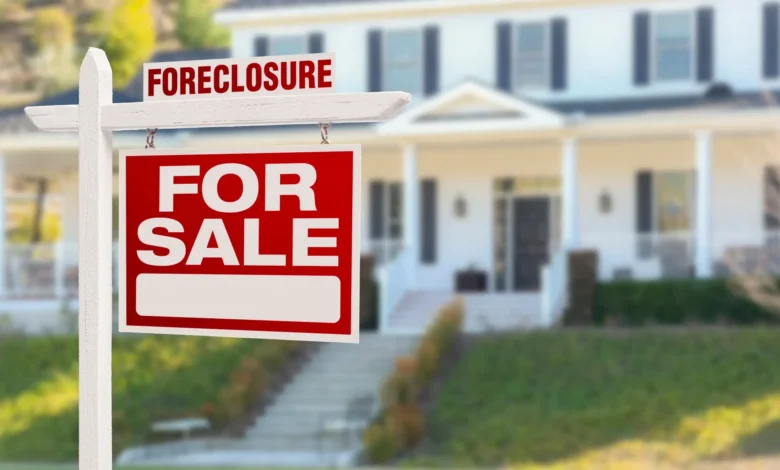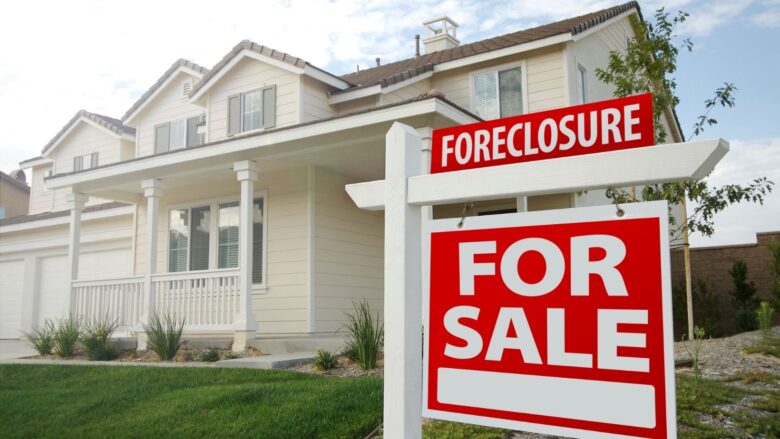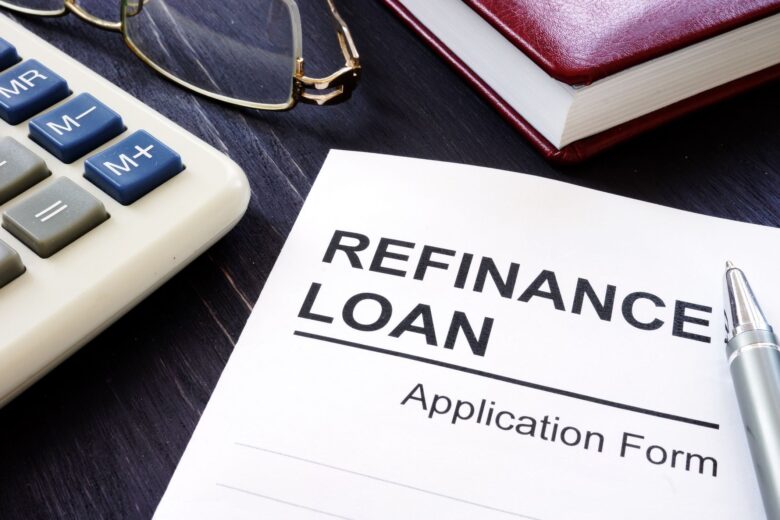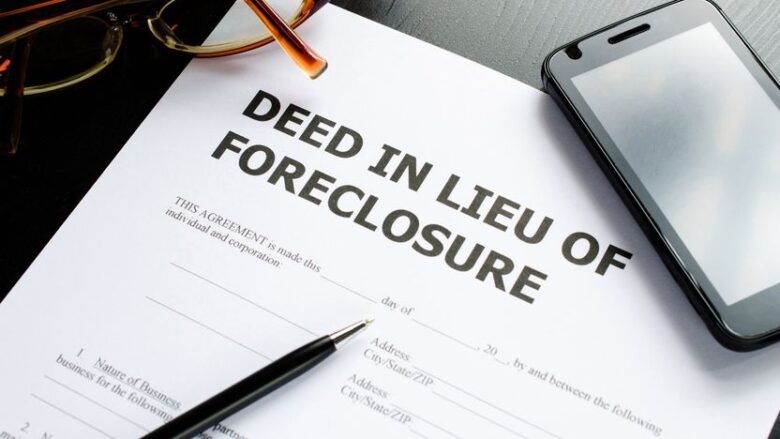Facing Foreclosure? Here’s What You Can Do To Prevent It

If you are struggling to pay your mortgage, your lender may initiate foreclosure proceedings. Going through a foreclosure is something that all homeowners should avoid because you will lose your home, have a significant credit score hit, and be unable to borrow money for years. For these reasons, as a homeowner, you should be proactive and do everything possible to avoid foreclosure.
What is Foreclosure?

Foreclosure is a process through which the mortgage lender, or the servicer, takes ownership of a home if the homeowner cannot make payments. Foreclosed homes are sold at an auction as the lender wants to recoup their money.
Mortgage lenders typically initiate these proceedings three to six months after the first missed payment. Once the process is complete and the home is sold, you will be required to leave, and you might see a credit score drop of 100 points or more.
So, what can you do to stop this from happening?
Talk to Your Lender

Contrary to what some people believe, the lender does not want your home; they want to get a return on their loan. If you cannot keep up with your payments, the next best option for them is to sell your home.
The first step in avoiding all this is letting your lender know if you are facing difficulties that will make you miss payments. Lenders are very open to providing their customers with different options as they want to avoid going through the hassle of the foreclosure process.
A common option is a repayment plan where the lender takes the amount you have missed and adds increments to your monthly payments going forward so you complete paying the mortgage in the same term. Also, giving a homeowner such options is much cheaper than going through foreclosure.
When you talk to your lender, let them know what you can realistically pay so they do not increase the monthly payments so much that you end up where you started a few months later.
Request a Forbearance

Forbearance either reduces or stops your monthly payments when you are experiencing short-term financial difficulties. A lender will accept different reasons for requesting one, including illness, a natural disaster, or job loss.
The lender expects you to use the forbearance period to get back on your feet. Once the period passes, they expect you to continue your monthly payment.
The two main repayment options for what you owe due to missing payments include paying a lump sum or getting into a repayment plan. With the repayment plan, you are required to pay your monthly payments plus a small amount to cover the missed payments.
Modify the Loan
Loan modification is an excellent option for those not eligible to refinance their mortgages. It works by modifying the terms, with the lender either increasing the term so you pay less monthly for longer, or reducing your interest rate. Some lenders use both in combination, especially if you have been repaying your loan for a long time without issue and there is not much of it left.
Refinance the Loan

Apart from modifying the mortgage, you can also refinance. Refinance is where you take out a loan with better terms, use it to pay your mortgage in total, and are left with a more manageable loan. It is an excellent option if you have a good credit score and have not missed any mortgage payments.
The one downside to refinancing is that almost all options leave you with a longer loan term. Before doing this, you should think about the long-term interest you pay for the whole loan. Regardless, you still get to keep the house by avoiding foreclosure, which is the goal.
Sell the Home
If you cannot access any options that let you keep the home, another option is selling it outright. Selling your home like this has several benefits. First, you get to repay the mortgage in full and have some money left over if the sale price exceeds the mortgage left. Second, you get to sell the home on your own terms and can move to a new one when you like. Third, you avoid foreclosure.
But what if the amount you get for the home cannot cover your mortgage? The best option is to talk to your lender about a short sale. A short sale is where you sell your home for less than you owe the lender. The lender accepts this smaller amount and forgives what you owe.
You may be eligible for relocation assistance if you go with this strategy.
Sign a Deed In Lieu of Foreclosure

Sometimes, a homeowner cannot sell their home in a typical or short sale. In such cases, their lender might accept a deed in lieu of foreclosure. With this option, you have to transfer ownership of the house to the lender, after which they will release you from your mortgage obligations.
While this option allows you to avoid foreclosure, it also results in losing your home. It should therefore be the last resort when facing foreclosure.
Do You Need an Attorney?

While you do not necessarily need an attorney during foreclosure proceedings, there are legitimate reasons why you should consider this. A common reason is so they can help you understand the local laws that apply to your situation and what to do during the process.
Additionally, you should hire a lawyer if you have a legitimate defense and want to fight to keep the home. You might have a defense if there is an error with your account, the foreclosing party does not have evidence that it owns the loan, or the servicer did not follow proper procedures when initiating the foreclosure.
Each foreclosing case is different as subtle nuances can lead you to getting the outcome you need or losing the home. You can contact the attorneys at Ken R. Ashworth & Associates, who have extensive real estate knowledge and experience and will help you with your real estate issues, including foreclosures.
Homeowners should do everything possible to avoid foreclosure as that would mean losing their homes. Talking to the lender and pursuing several options can help, but you might have to part with the house if these options do not work. If you have a defense, you can talk to an attorney so they can help you get the best outcome.





